Kolkata, September 13, 2024 – In a bid to address the fallout from a prolonged strike by junior doctors, West Bengal Chief Minister Mamata Banerjee has announced a compensation of ₹2 lakh for the families of 29 individuals who tragically lost their lives due to the disruption in healthcare services. The strike, which has gripped the state’s medical sector, was sparked by the heinous rape and murder of a trainee doctor at RG Kar Medical College and Hospital on August 9, 2024.
The junior doctors, demanding justice for their colleague, enhanced security measures, and the dismissal of certain officials, have brought the healthcare system to a near standstill. The absence of these critical medical professionals has led to severe consequences, with reports indicating that many patients could not receive timely medical attention, leading to the reported deaths.
https://twitter.com/MamataOfficial/status/1834555275698696620
Compensation as a Gesture
Chief Minister Mamata Banerjee, in an attempt to mitigate the human cost of this ongoing crisis, personally communicated the decision to offer financial relief. This move, while aimed at providing some form of solace to the bereaved families, has also stirred political waters. The opposition BJP has criticized the compensation as a strategic move to dilute the momentum of the doctors’ protest, suggesting it might be an attempt to shift focus from the core issues raised by the medical community.
Public and Political Reactions
The announcement has sparked varied reactions. While some see it as a necessary step to acknowledge the state’s responsibility during this health crisis, others view it as insufficient without addressing the doctors’ primary demands. The ongoing protest by the junior doctors, who are now calling for live telecast discussions with Mamata Banerjee, underscores the deep-seated distrust and the call for transparency in resolving the crisis.
A Broader Narrative
This incident in West Bengal is not isolated but reflects a recurring theme across India where healthcare workers often resort to strikes to highlight issues of safety, working conditions, and justice. The compensation might serve as a temporary balm, but it also illuminates the complexities involved in managing public health amidst labor disputes. The state government’s response, while attempting to address the immediate aftermath, also points to the need for a more sustainable solution to prevent such crises in the future.
As the situation unfolds, all eyes remain on how the government and the medical community will navigate this challenging terrain, balancing the demands for justice and security with the essential need for uninterrupted healthcare services.

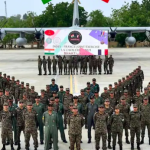
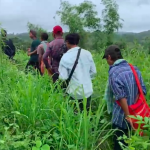


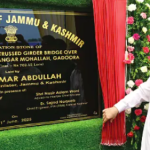

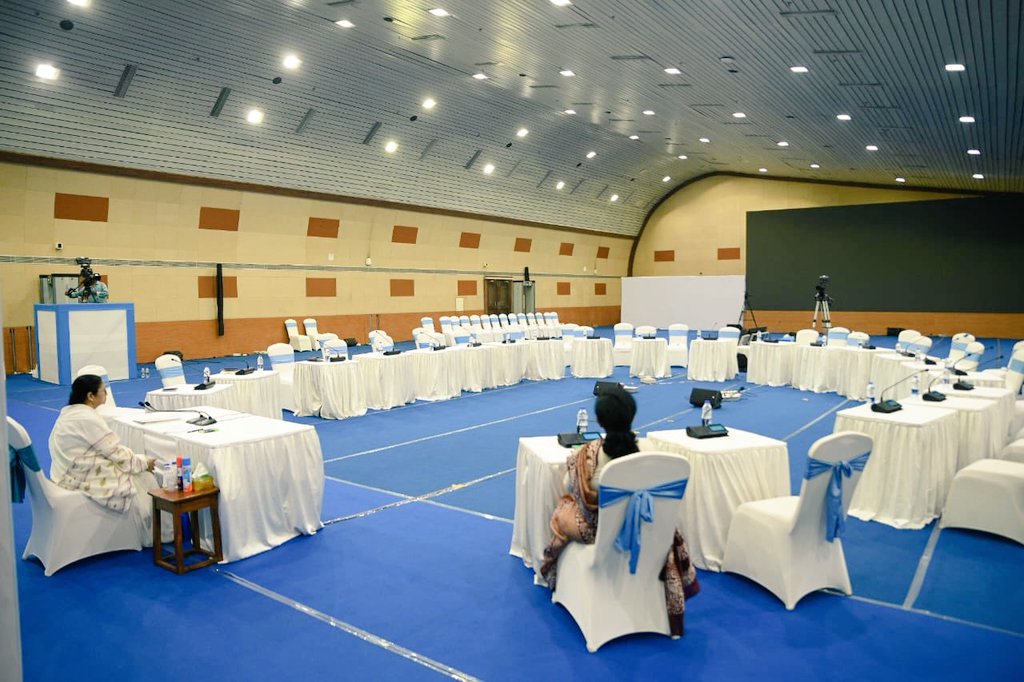
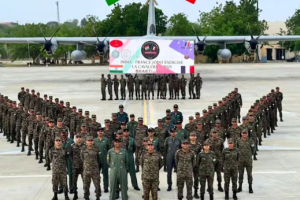
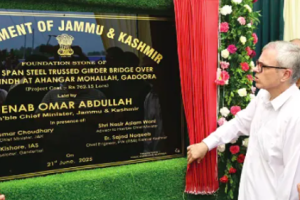
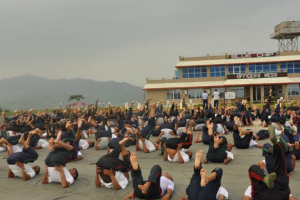
Add Comment